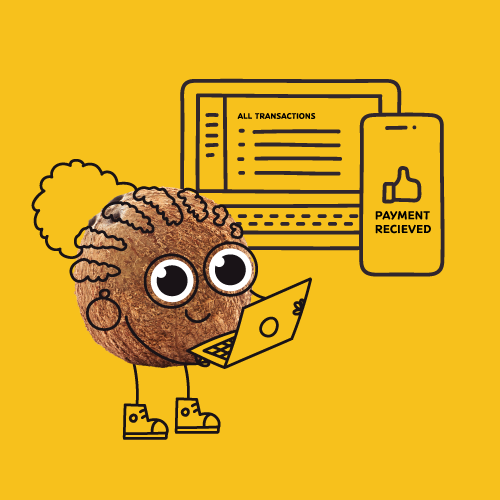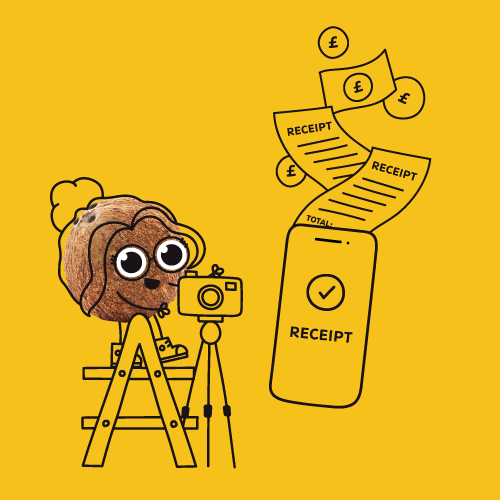You may have heard that HMRC has (once again) delayed the introduction of Making Tax Digital for Income Tax Self Assessment (MTD ITSA). Whether you’re a sole trader, landlord, or accountant—here’s what you need to know.
Remind me…what is Making Tax Digital for Income Tax?
MTD ITSA is a government initiative that will change the tax filing process for individuals with self-employment and property income. In brief, taxpayers earning more than the minimum threshold will have to use a digital product to track their income and expenses, and submit tax returns every quarter instead of once a year.
Read about MTD ITSA in full in our Complete Guide to Making Tax Digital for Income Tax.
What has HMRC changed?
MTD ITSA was due to come into effect in April 2024—but in December 2022, HMRC announced that it will be delayed by two years, and will now be introduced in April 2026.
It also announced that the threshold for eligible individuals will increase from £10,000 to £50,000, with those earning more than £30,000 mandated to join the scheme in 2027.
What does the Making Tax Digital delay mean for sole traders, landlords, and accountants?
Sole traders, landlords, and their respective tax advisors now have (at least) two extra years to prepare for MTD ITSA.
The threshold increases also mean that fewer sole traders and landlords will fall under the scheme in the initial phases—as it stands, being MTD-compliant will only be compulsory for those earning over £50,000 from April 2026, and for those earning more than £30,000 from April 2027.
Do I need to do anything?
In short, no.
If you’re earning more than £30,000 from self-employment and/or property income, you now have more time to prepare for MTD ITSA. In the meantime, you should continue to file your Self Assessments each year, just as before.
That said, there are many additional benefits to using a digital product (like Coconut) to manage your self-employed and property finances, even if it’s not yet required by HMRC.
Coconut’s app makes it easy for sole traders and landlords to track income, categorise expenses, send invoices, and work out how much tax to set aside—so that you can get your finances organised, spend less time on bookkeeping, and build strong foundations for a successful business.
Coconut also makes it really easy for you to work with your accountant or bookkeeper, if you have one. Once you’ve invited them through the app, they’ll be able to view your business activity and bookkeeping data whenever they need to via the Accountant Platform. Meaning no endless back-and-forth emails, no frantic searching for receipts, and no more stress.
What about accountants and bookkeepers with MTD ITSA clients?
Equally, whilst accountants and bookkeepers will not be required to onboard their sole trader and landlord clients onto digital products as urgently, there are still many benefits to digitising your client base.
For example, by using a simple accounting and tax tool like Coconut, you’ll be able to:
- Spend less time chasing paperwork: access your sole traders’ accounting info in real-time, so you have all of the information you need without having to ask.
- Solve common accounting challenges: Coconut makes it incredibly easy for you and your clients to unmuddle business and personal transactions, and easily manage clients with multiple income streams (e.g. those with both self-employed and rental income)
- Standardise and streamline your workflows: by optimising your processes for sole traders and landlords, you can manage a high volume of smaller clients much more efficiently and open up capacity for new business.
- Add more value to your customers: with more visibility into your clients’ books, you can check in any time and provide your clients with proactive, real-time advice and insights throughout the year.
- And much more.
Interested in finding out more about how Coconut’s simple accounting and tax software can help you work with your sole trader and landlord clients? Get in touch with our team today.





.png)






